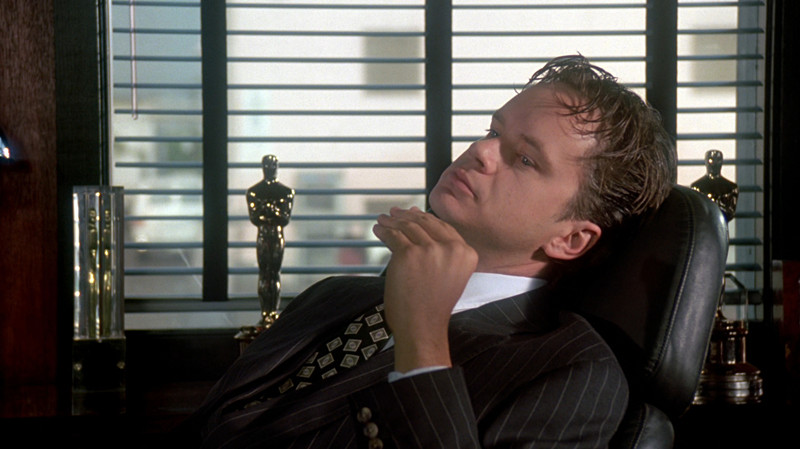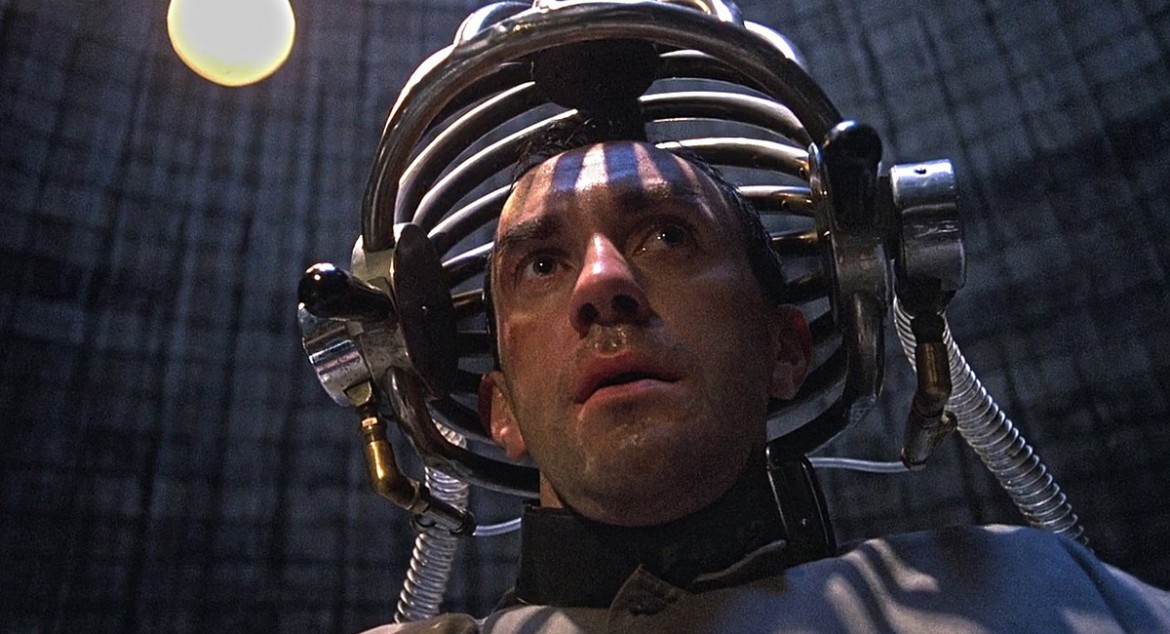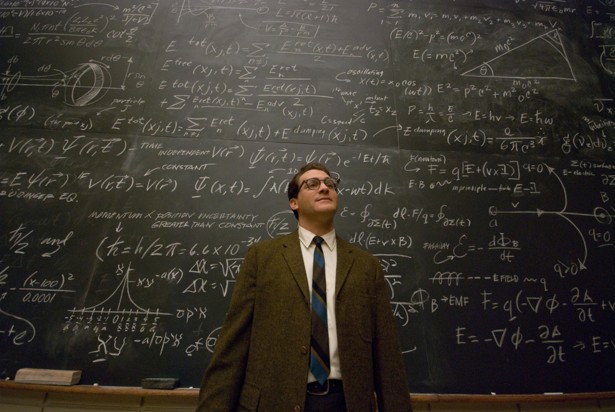6. The Player (1992)

Charlie Kaufman is arguably the most brutally cynical director working today, but in Robert Altman he has more than a worthy challenger for the all-time crown. No director ever poured more bitter mockery and razor-sharp satire into his movies than him, especially when it came to taking a good jab at the hypocrisies and incompetence of the entertainment industry. Altman made this film after a de facto blacklisting by studio power-ups that outed him for over a decade, and it’s safe to say the master came back in style, firing on all cylinders with his sharpest work yet.
The Player follows an insufferable studio producer who is in charge of picking up new scripts and green-lighting new projects. The film takes a dark turn when he starts receiving death threats from an anonymous screenwriter whose script was rejected, launching a convoluted witch hunt.
Just like with Kaufman’s Adaptation, the genius of this movie starts at its clever self-awareness and meta commentary, with celebrity cameos and subtle references coming at full speed. Everything from the obnoxious protagonist to the faux noir plot is deliberately presented to challenge our preconceptions of film and ridicule Hollywood’s risk-averse nature that ostracizes talent in favor of formulaic content.
7. Eraserhead (1977)

Factory hums, layers of smog and buzzing radiators. Any attempt at fully capturing a movie like this is doomed to fail, because no synopsis can prepare you for its unsettling atmosphere, harrowing sound design and bizarre body horror. If Inland Empire is David Lynch at his most cryptic, Eraserhead should be considered his most metaphorical, fully giving into surrealism to craft a disturbing story that uncoils itself as a fever dream. The film is set in a dystopian cityscape and follows Henry Spacer, an offbeat factory worker who is invited to have dinner with his girlfriend’s parents where he soon learns he’s to become a father.
Similar to some of Kaufman’s scripts, Eraserhead places a lot of focus on man’s role in society and in a family environment. Through claustrophobic imagery, Lynch captures the intimidating prospect of marriage and fatherhood, and how those newly acquired responsibilities can be disruptive and terrifying. Henry feels overwhelmed by his life, struggling to fit into his role as a provider and protector to his hideously malformed baby.
Eraserhead is an example of mastering mood and atmosphere to convey emotions, an unbearably uncomfortable but deeply relatable story that is closer to a spiritual experience than a simple film.
8. Zelig (1983)

Charlie Kaufman and Woody Allen are two filmmakers that have been linked together and for good reason. Often hailed as pretentious intellectuals, their films are inherently autobiographical in the sense that they both inject a lot of their neurotic personas into their characters. Existentialism and self-deprecating humor are their bread and butter, and even though they do carry their fair share of critics, they’re two of the most celebrated screenwriters in the business.
Zelig is often swept under the rug when it comes to Allen’s directorial efforts. Crammed between big hits like Manhattan and Crimes and Misdemeanors, it’s often dismissed as a fun but inoffensive entry in his body of work. In reality, it is one of Allen’s most inventive and clever films, a mockumentary weaving through time as it recounts the story of Leonard Zelig, a chameleonic man who assimilates the physical and sociopolitical identity of those around him. From meeting Scott Fitzgerald to attending Hitler’s Nuremberg rally, Allen effortlessly tosses wisecrack after wisecrack putting his own spin on absurdist comedy, while reflecting on the essence of identity and unconditional love.
9. Brazil (1985)

Terry Gilliam’s masterpiece is a film shifting between genres in a mix of dark satire, dystopian science-fiction, romance and full-blown fantasy. The movie is set in a bleak Orwellian nightmare where totalitarianism runs rampant and the government rules with an iron fist. The story begins with a depressed records functionary, Sam Lowry, who embarks in a labyrinthine mystery after an innocent man is wrongly arrested due to a bureaucratic error and dies in custody. In his attempt to set the record straight, Lowry falls in love with an enigmatic woman and starts to reassess his belief in the system.
Bursting with Gilliam’s absurdist humor, Brazil is a movie that is perfectly enjoyable at surface level but one that offers a lot of nuanced undertones and layers to peel off too. As a conceptual juggernaut that employs surrealist elements, it resembles Kaufman’s Being John Malkovich and Anomalisa the most. Overall, Brazil is an escapist film that champions the individual, an unapologetic indictment on state control and suppression through technology and ideology.
10. A Serious Man (2009)

This movie puts us in the shoes of Larry Gobnik, a Jewish physics professor whose life has recently turned upside down. Her wife promptly asks for a divorce in order to remarry his best friend, his rebellious kids ignore him, his jobless brother is living off his couch, his own job is in jeopardy and one of his students blackmails him. By any means, Larry is a walking punching bag, and as a man of science he can’t seem to wrap his head around the cruel twists of fate. He resorts to religious counselling for solace, but no rabbi provides any meaningful insight or advice either.
This is the most Kafkaesque movie made by the Coen Brothers, one that comes with a healthy dose of nihilism just like Kaufman’s Being John Malkovich. In a similar way, our main character is a powerless and frustrated cuckold in a downward spiral after being cursed almost by divine intervention. Watching Larry navigate his crumbling life can be both endearing and taxing, a perfect rendering of the concerns and worries of the average man.